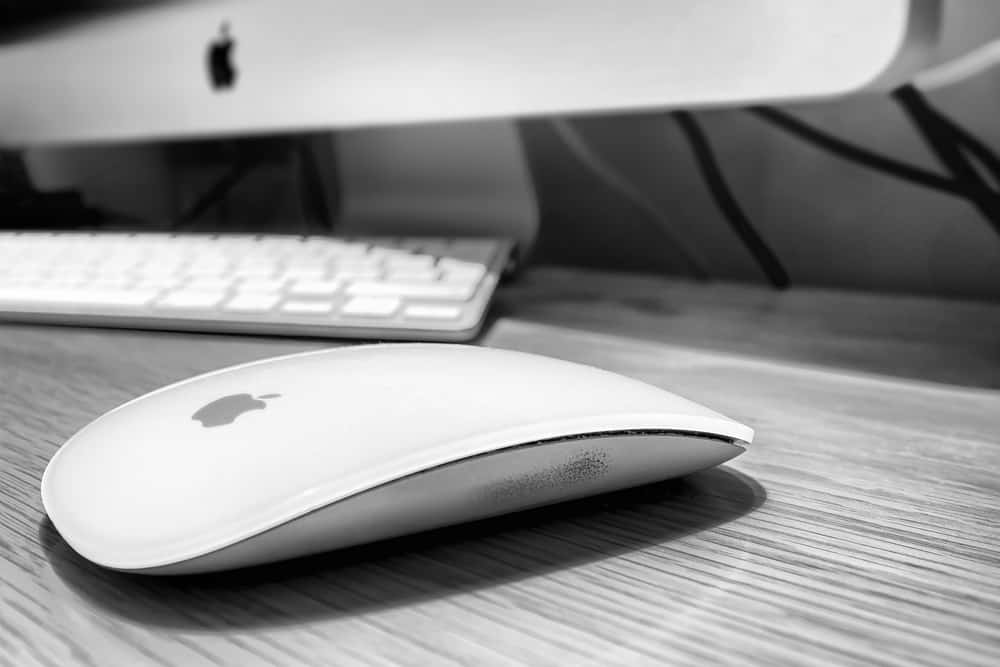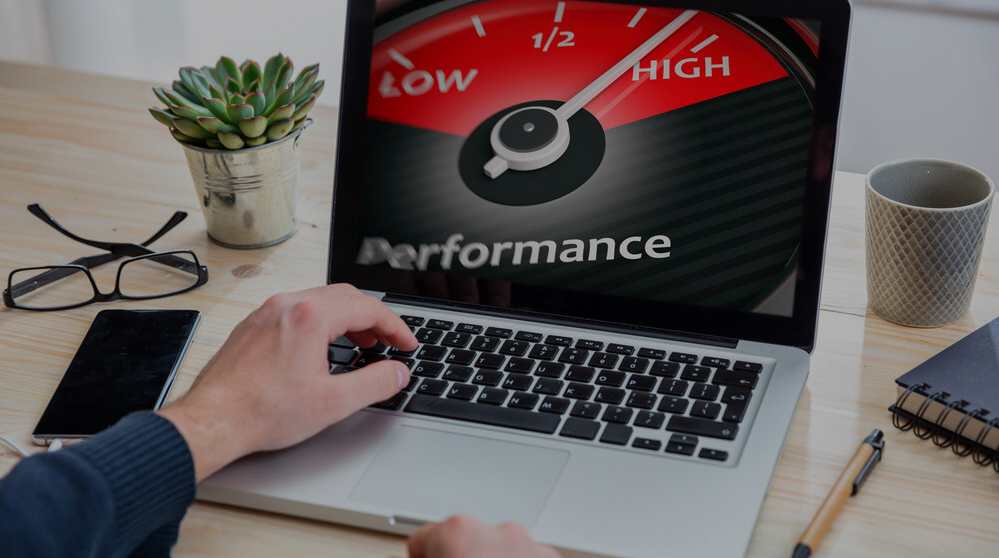Cybersecurity has been the buzz word for several years now, with everyone worrying about data theft, from Mr and Mrs Suburb to large corporations using the highest levels of technology. According to The Global City, the UK’s cybersecurity market is worth £6bn, making it the biggest in Europe, and we all need to consider the best methods to protect our laptops from information theft.
How to Prevent Data Theft
There are several things that we can do in the comfort of our own homes to ensure our details, and personal information can’t be accessed, or used, by anyone without our express permission.
Backup your data regularly
While backing up your hard drive won’t prevent your information being stolen, it does ensure that anything important is still accessible by you in the event of your laptop going missing.
You can use an external hard drive, USB stick, or a cloud backup, which includes Amazon Drive, Dropbox, Google Drive or Backblaze. There are even programmes that will encrypt your data before uploading it to the cloud system.
Use a password
Whenever you log on to your laptop, sign in to your email, online accounts and so on, use a unique, hard-to-guess password. Never repeat the same password over several accounts, or pick something that others could guess. Your birthday, kid’s names, the school you attended are all easy to find out, allowing someone to access your account.
Strong passwords use at least 10 characters, including capitals and lowercase letters, numbers and symbols.
Use the latest software
With many browsers, such as Firefox and Chrome having auto-updates enabled by default, there’s no excuse for not having the latest software. Using out-of-date software can open you up to attacks from the newest malware versions as it sneaks through gaps in your protection.
Use antivirus and anti-malware protection
Make sure you instal a recommended security programme, remembering that sometimes it pays to purchase a subscription that allows automatic access to regular upgrades. This software is frequently revised to respond to the latest threats to cybersecurity, and you should consider it money well spent.
Use a virtual private network
A virtual private network, or VPN, is useful if you use public WiFi a lot. By encrypting the data moving between you and the server, others using the same server can’t follow your browsing history and track your movements. However, ironically, you have to be careful to choose a recommended VPN provider; some have been linked to security issues of the type they are designed to defend against.
Be careful what you download
Always be aware that downloading programmes and other things leave your laptop open to abuse. Viruses and the more dangerous malware can enter your system by piggybacking on a downloadable item, so if something looks dicey, or the URL appears strange, don’t give it space on your machine.
These are all first-level security solutions that are easily accessible for your home laptop. However, if you hold data from your workplace on your computer, it’s worth talking to a security expert who can point you in the right direction for professional-level cybersecurity.











